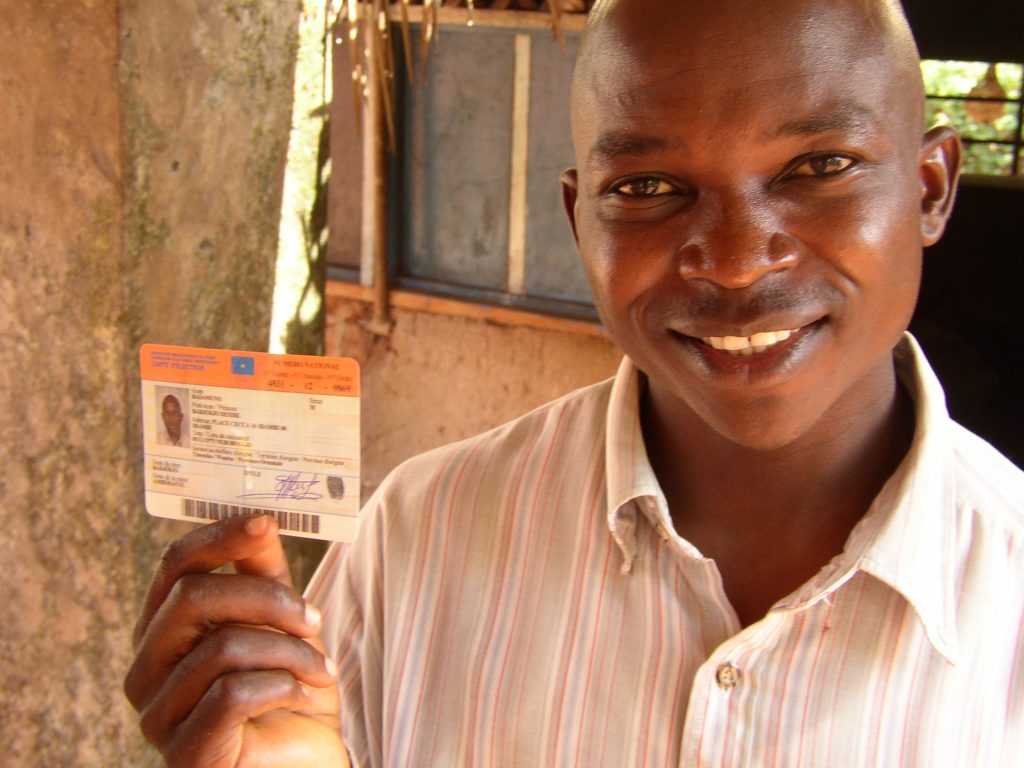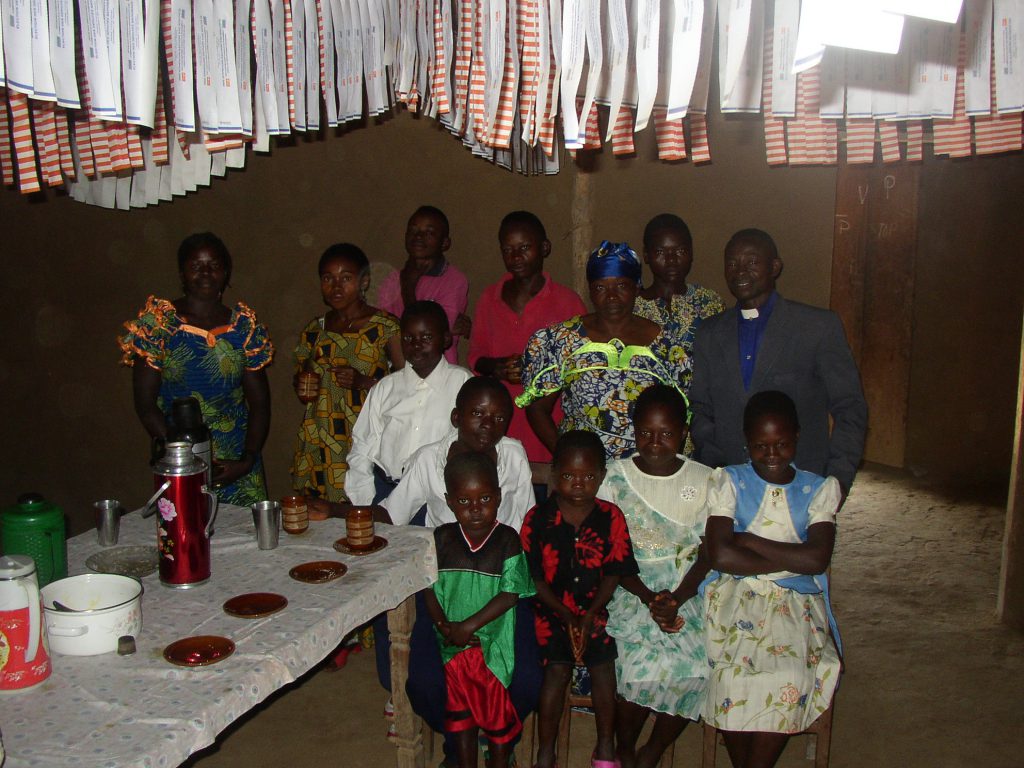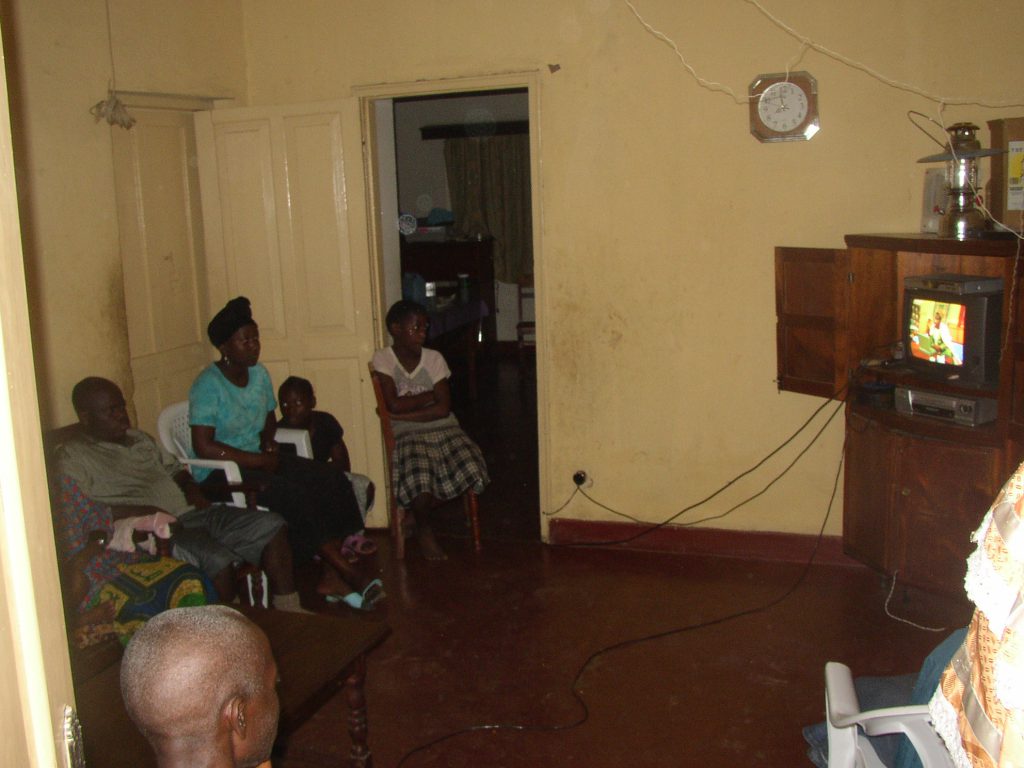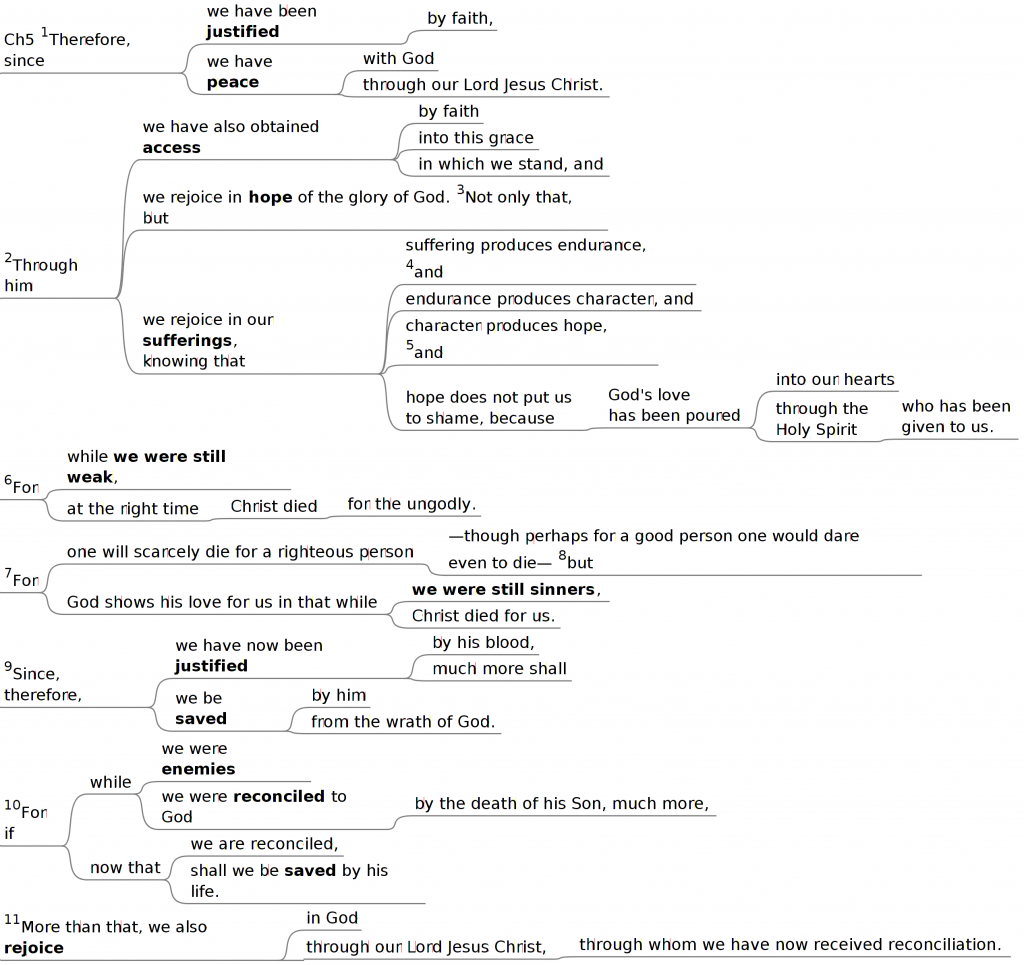As the democratic process in Congo seems to be winding down, it’s weird to think that we saw its beginnings.
When we first arrived in Africa, we spend three months in the village house-sitting for a colleague, and learning language and culture. It was during those three months that the election enrollment came through that area. This was the process that established the electorate which voted on the constitutional referendum, giving D. R. Congo its first democratic constitution in 2005.
It was interesting to witness this, since like many Americans voting was old news to me. I understood the apathy in America that leads many people to simply not vote. But this was not so in Congo. As various people we knew enrolled, they proudly showed off their iodine-dipped pinkies and their voter ID cards, like this one:

These cards are the first and only ID owned by many of the Congolese we know, so it was a serious moment of pride. And these cards are still used as basic identification.
In December 2006, I made a two week trip into DRC (We were still living in Nairobi at the time, due to general insecurity in the DRC) to collect extensive wordlists in four languages. One of those turned out to be two separate languages, so we had data from five languages in the end. These are the same languages we eventually did alphabet charts with, and whose tone systems I’m now analyzing for my dissertation. On this, my first trip to Nya-nya, I stayed with the pastor of one of our local church partners, who had decorated his house with ballot receipts (from the election voting in Joseph Kabila as president for the first time):

On the way out of the country, I stopped back in Bunia, and got to see the inauguration on this TV, in this living room:

The elections in 2011 seemed to come and go with little fanfare; I recall reports of small protests, and some claims of voter fraud, including a report by the Carter Center, which didn’t (seem to, IMHO) go so far as to say that the election was illegitimate, while identifying a number of issues that caused concern.
Since then, we returned to the US and started a doctoral program. I returned to Nya-nya in 2014, then again this year, to collect data specifically for my dissertation, and to help the people on their path toward literacy. In 2014, we took the data that we collected together in 2006, did basic phonological analyses and created alphabet charts. This year we looked at how verb conjugation affects tone melodies, since tone is important in these languages, so they will likely need some solution for writing it. They seem to be on good footing toward managing their own literacy and Bible translation programs, which we want to continue to support and encourage however we can.
And now, as I’m hoping to make one more trip next year, and wrap up this doctorate in the next couple years, we see news that that process started with a new constitution back in 2005 seems to be failing. The Elections commission has not updated the electoral rolls, due (at least) to funding and disorganization. They didn’t want to hold elections on time, but with five year old election rolls (in which time lots of people die and/or become 18+). The president and the main opposition have not been talking for some time, and the President seems committed to remain in power until elections are held (end of 2018, two years late). This has been described as a coup d’état, but minimally the constitution is not being followed.
But in the mean time, work on minority Congolese languages continues. Just last week, I made a great advance in my analysis of a rather complex aspect of the Ndaka verb tone system. I hope that this will help understand Ndaka’s neighbors, so that steps toward a Bible that is used will be multiplied in a number of local communities. And our colleagues working locally continue to work with these groups to help them take more ownership of the Bible translation movement for their language.
So I take comfort in the fact that despite the political chaos, God is at work. As He said to Daniel:
Many shall purify themselves and make themselves white and be refined, but the wicked shall act wickedly. And none of the wicked shall understand, but those who are wise shall understand. (Daniel 12:10 ESV)
And sometimes he works in, through, and/or despite larger turmoil:
You said, ‘Woe is me! For the LORD has added sorrow to my pain. I am weary with my groaning, and I find no rest.’ Thus shall you say to him, Thus says the LORD: Behold, what I have built I am breaking down, and what I have planted I am plucking up—that is, the whole land. And do you seek great things for yourself? Seek them not, for behold, I am bringing disaster upon all flesh, declares the LORD. But I will give you your life as a prize of war in all places to which you may go. (Jeremiah 45:3-5 ESV)
So I will continue to pray that whatever chaos the Congolese people have to go through in the next months and years, that God would have His way, and that He would be glorified. That Christ’s Church would be built up in numbers and maturity, and that it would stand out as a beacon of hope and sanctuary in Congolese society. Because despite whatever political failures there may be, our ministry vision remains valid:
After this I looked, and behold, a great multitude that no one could number, from every nation, from all tribes and peoples and languages, standing before the throne and before the Lamb, clothed in white robes, with palm branches in their hands, and crying out with a loud voice, “Salvation belongs to our God who sits on the throne, and to the Lamb!” (Revelation 7:9-10 ESV)
Please join us in prayer, that this vision would be accomplished, even in the DRC.



